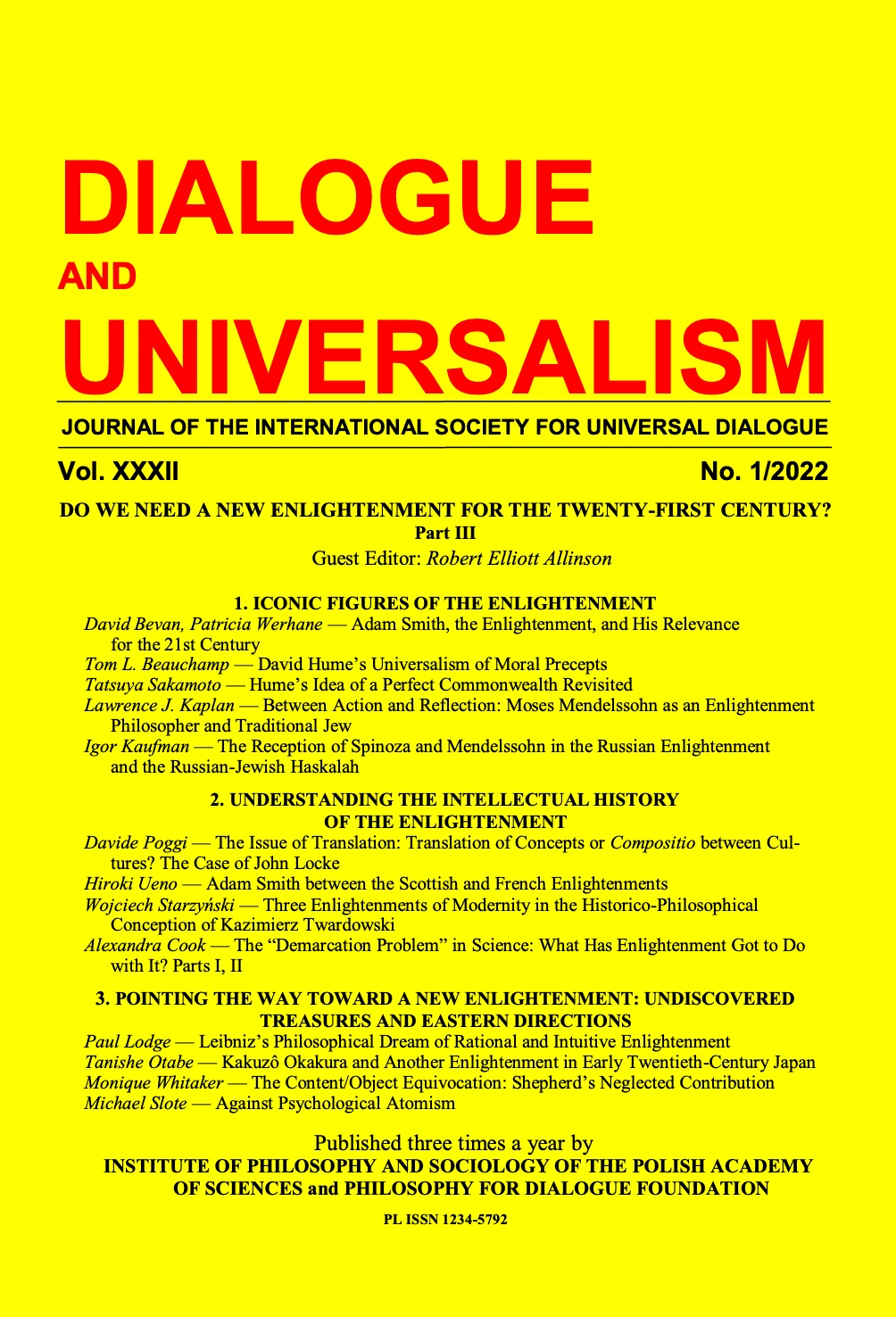RACIAL INEQUITIES IN AMERICAN BANKING: BLACK BANKS AND FINANCIAL INSTITUTIONS, AND THE DEMISE OF THE WESTSIDE FEDERAL CREDIT UNION IN LAS VEGAS, NEVADA
RACIAL INEQUITIES IN AMERICAN BANKING: BLACK BANKS AND FINANCIAL INSTITUTIONS, AND THE DEMISE OF THE WESTSIDE FEDERAL CREDIT UNION IN LAS VEGAS, NEVADA
Author(s): Earnest N. BraceySubject(s): Philosophy, Political Philosophy, Social Philosophy
Published by: Instytut Filozofii i Socjologii Polskiej Akademii Nauk i Fundacja Filozofia na Rzecz Dialogu
Keywords: Black financial institutions; racism; housing discrimination; racial inequities; minority business loans; conventional banking; prejudice; redlining; Jim Crow credit
Summary/Abstract: This paper is not an indictment of Black banks and financial institutions, but it presents the difficulties and failures of such minority businesses. Unfortunately, some African Americans are naïve when it comes to banking, primarily because of a lack of financial literacy; and such education is not taught in our schools. Of course, financial education is the key for Black patrons who have never had a bank account. Whether this means that African Americans should only bank with Black financial institutions is important to understand, because of the racial disparities and flat-out discrimination when it comes to banking credit and providing business, home, and personal loans to Black banking clientele. In this regard, traditional white banks in the United States simply upset the financial apple-cart, to use the metaphor, when it comes to fairly dealing with Black people—that is, lending to Black entrepreneurs and legitimate borrowers. With the failure of Black banks, because of a lack of capital and high net-worth individuals and white investors, it has been extremely hard for many of these venerable institutions to hang-on when providing maximum loan possibilities needed over the years (sometimes more than necessary).
Journal: Dialogue and Universalism
- Issue Year: 2022
- Issue No: 3
- Page Range: 199-214
- Page Count: 16
- Language: English

